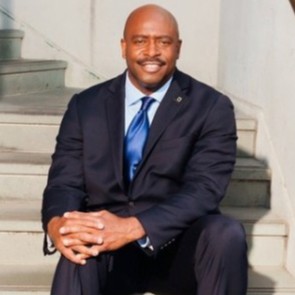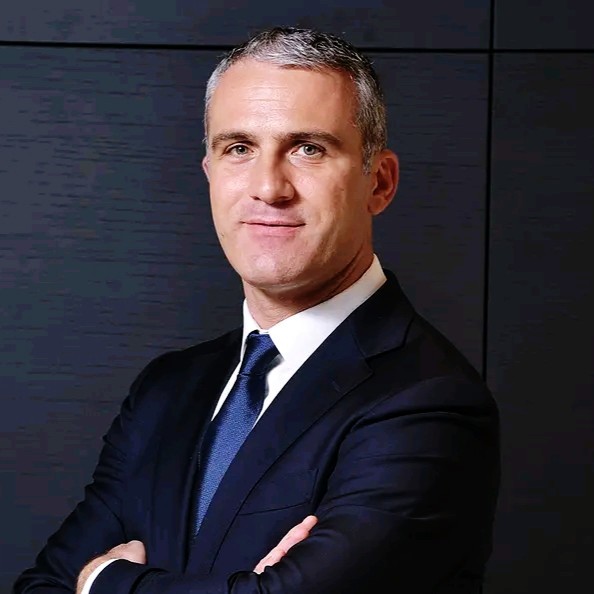David Gross's Email & Phone Number
American theoretical physicist
David Gross's Email Addresses
Find personal and work emails for over 300M professionals
Not the David Gross you were looking for? Continue your search below:About David Gross
📖 Summary
David Gross is an American theoretical physicist who has made significant contributions to the field of particle physics. Born in Washington, D.C. in 1941, Gross developed a passion for science at a young age, which ultimately led him to pursue a career in physics. He studied at Harvard University, where he earned his undergraduate degree in 1962 and later obtained his Ph.D. in physics in 1966.
Throughout his career, Gross has made substantial contributions to the understanding of fundamental particles and forces. He is best known for his work on the theory of strong interactions, which led to the development of quantum chromodynamics (QCD). QCD is a fundamental theory in the field of particle physics that describes the interactions between quarks and gluons, the building blocks of protons, neutrons, and other particles known as hadrons. Gross's contributions to this theory have had a lasting impact on the field and have been instrumental in advancing our understanding of the fundamental forces that govern the universe.
In 2004, Gross was awarded the Nobel Prize in Physics, along with his colleagues Frank Wilczek and David Politzer, for their discovery of asymptotic freedom in the theory of the strong interaction. Asymptotic freedom is a phenomenon in QCD that describes how quarks and gluons behave at high energies, and this discovery has had a profound impact on our understanding of the strong force. The Nobel Prize citation credited Gross, Wilczek, and Politzer for "their discovery of asymptotic freedom in the theory of the strong interaction."
In addition to his groundbreaking work in particle physics, Gross has also made significant contributions to the development of string theory, a theoretical framework that aims to unify the four fundamental forces of nature. He has been a vocal advocate for the importance of fundamental research in physics and has played a key role in shaping the direction of the field through his work, writings, and lectures.
Throughout his career, Gross has received numerous awards and honors in recognition of his contributions to physics. In addition to the Nobel Prize, he has been elected to the National Academy of Sciences, the American Academy of Arts and Sciences, and the American Philosophical Society. He has also served in leadership roles in the physics community, including as President of the American Physical Society and as Director of the Kavli Institute for Theoretical Physics at the University of California, Santa Barbara.
Gross's impact on the field of theoretical physics extends beyond his own research contributions. He has been a dedicated mentor to young scientists and has been involved in efforts to promote science education and outreach. He has also been a strong advocate for the importance of international collaboration in physics research, recognizing the global nature of scientific inquiry and the benefits of bringing together diverse perspectives and expertise.
In summary, David Gross is a distinguished theoretical physicist whose contributions have had a profound impact on our understanding of the fundamental forces of nature. His work on the theory of strong interactions and the development of quantum chromodynamics has been instrumental in advancing our understanding of the underlying principles that govern the behavior of particles. His discovery of asymptotic freedom along with his colleagues earned him the Nobel Prize in Physics, and his contributions to the field of string theory have also been influential. Gross's passion for physics, dedication to mentoring young scientists, and advocacy for international collaboration have solidified his legacy as a leading figure in the field of theoretical physics.
Frequently Asked Questions about David Gross
Why did David Gross win Nobel Prize?
Gross shared the Nobel Prize for solving the last great remaining problem of what has since come to be called "the Standard Model" of the quantum mechanical picture of reality, discovering with his co-recipients how the nucleus of an atom works. Gross received his Ph. D. from the University of California, Berkeley.
Is QCD asymptotically free?
For standard QCD with three colors, as long as there are no more than 16 flavors of quark (not counting the antiquarks separately), antiscreening prevails and the theory is asymptotically free. In fact, there are only 6 known quark flavors.
David Gross's Email Addresses
People you may be
interested in
American actor
German singer-songwriter
American television actress
Actor
American actress and socialite
American actor and model
American former football quarterback
Film actress
American actress and dancer
American songwriter and record producer
American comedian and actress
American comedian







